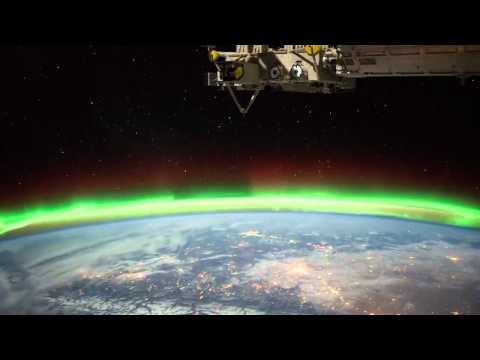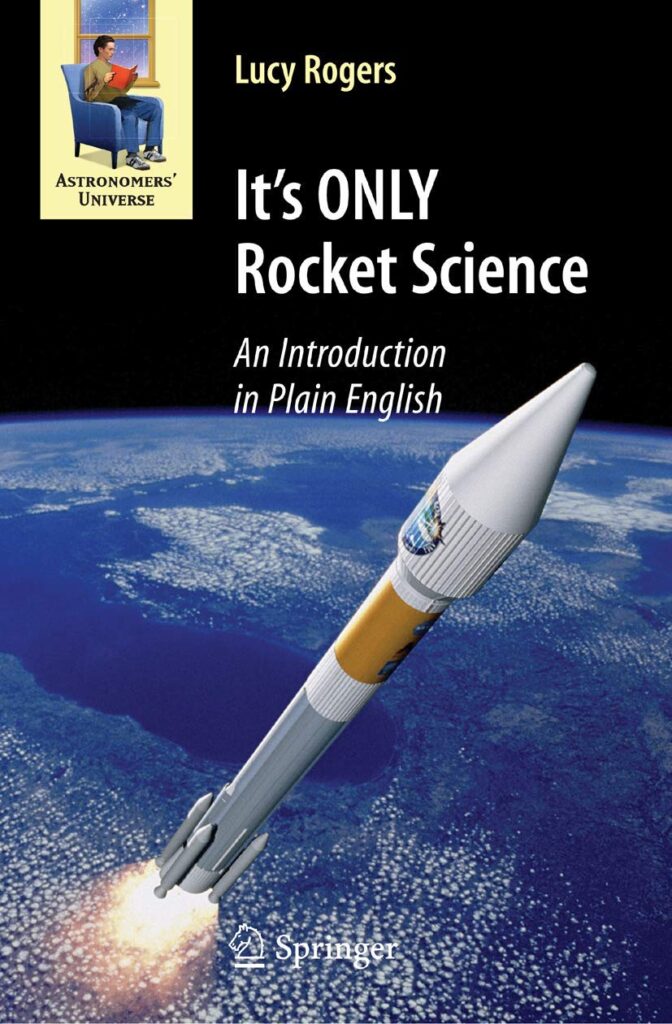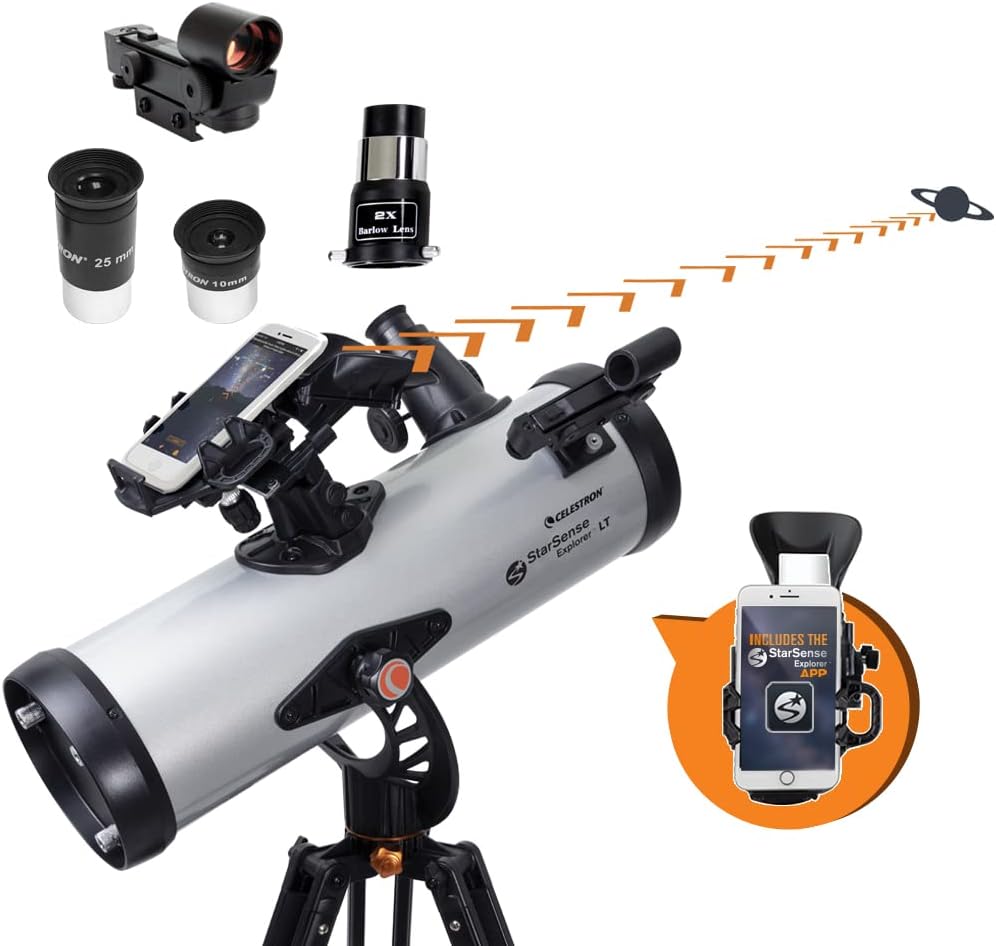From Moon Landings to Mars Missions: The Evolution of Space Exploration
Since the beginning of time, humans have been fascinated by the great unknown that lies beyond Earth’s atmosphere. From ancient civilizations tracking the movements of the stars to modern-day space missions, our thirst for knowledge about the cosmos has driven us to explore the vast expanse of space.
One of the most iconic moments in the history of space exploration was the Apollo 11 mission, which saw astronauts Neil Armstrong and Buzz Aldrin become the first humans to set foot on the moon in 1969. This historic event marked a monumental achievement in human history and showcased the incredible capabilities of our technology and scientific knowledge.
Following the success of the Apollo missions, space exploration continued to evolve, with missions to Mars becoming a top priority for space agencies around the world. Mars has long been a target for exploration due to its potential to harbor signs of past life and its similarity to Earth in terms of its geology and atmosphere.
In recent years, the Mars rover missions have provided valuable insights into the red planet, with the Curiosity rover uncovering evidence of ancient lakes and rivers that may have once supported microbial life. These missions have paved the way for future manned missions to Mars, with plans already in motion to send astronauts to the planet within the next decade.
In addition to Mars, other celestial bodies in our solar system have also become targets for exploration, with missions to asteroids, moons, and even the outer planets becoming increasingly common. These missions provide valuable data on the composition and history of our solar system, as well as potential insights into the origins of life on Earth.
The evolution of space exploration has been fueled by advancements in technology, from the development of more powerful rockets and spacecraft to the use of artificial intelligence and robotics in space missions. These innovations have enabled us to push the boundaries of what is possible in space exploration and continue to expand our understanding of the cosmos.
As we look towards the future, the possibilities for space exploration are endless. With plans for manned missions to Mars, the establishment of a permanent presence on the moon, and the exploration of distant exoplanets, we are entering a new era of space exploration that promises to revolutionize our understanding of the universe.
From moon landings to Mars missions, the evolution of space exploration has been a testament to human ingenuity, curiosity, and determination. As we continue to push the boundaries of what is possible in space, we are sure to uncover new discoveries that will shape our understanding of the cosmos for generations to come.













